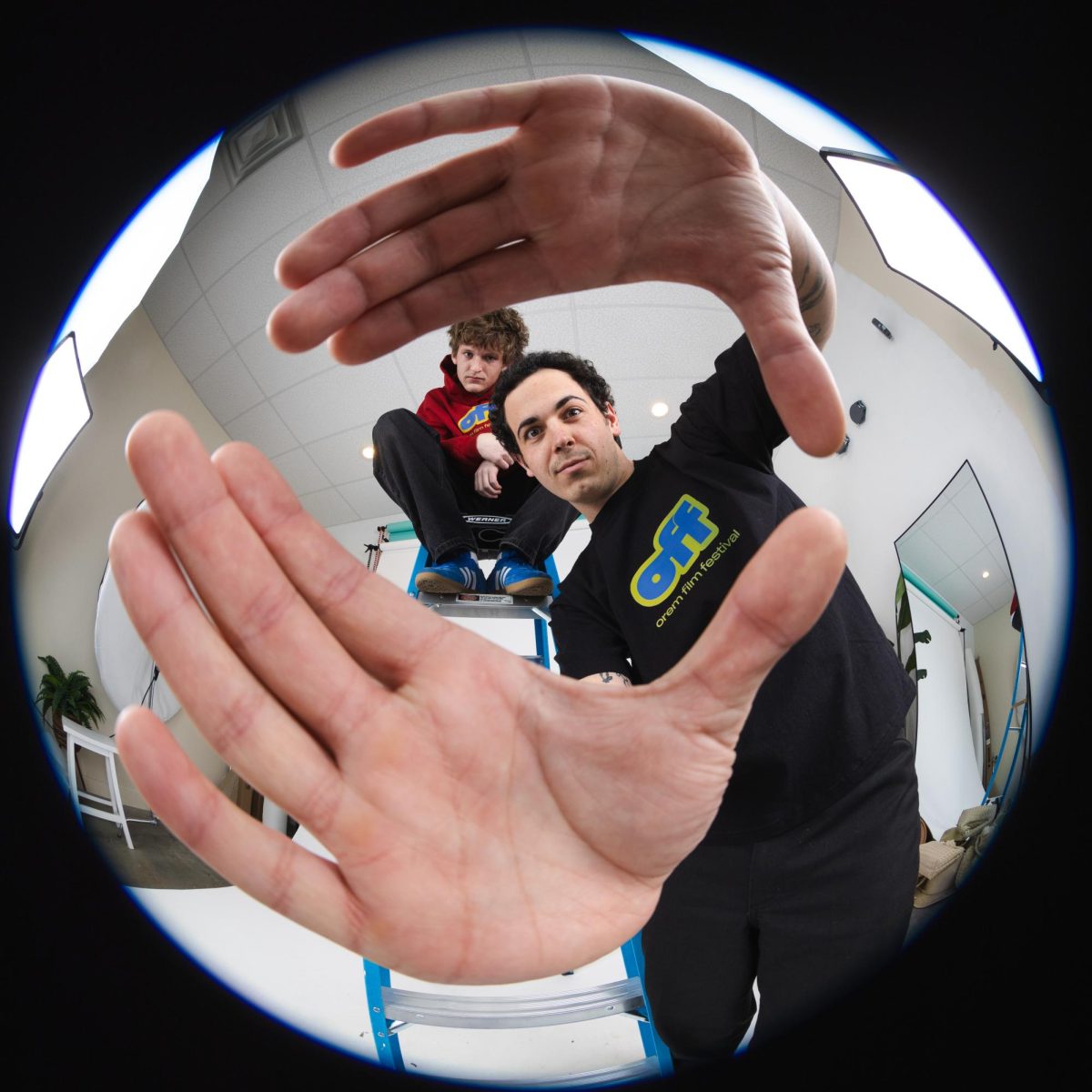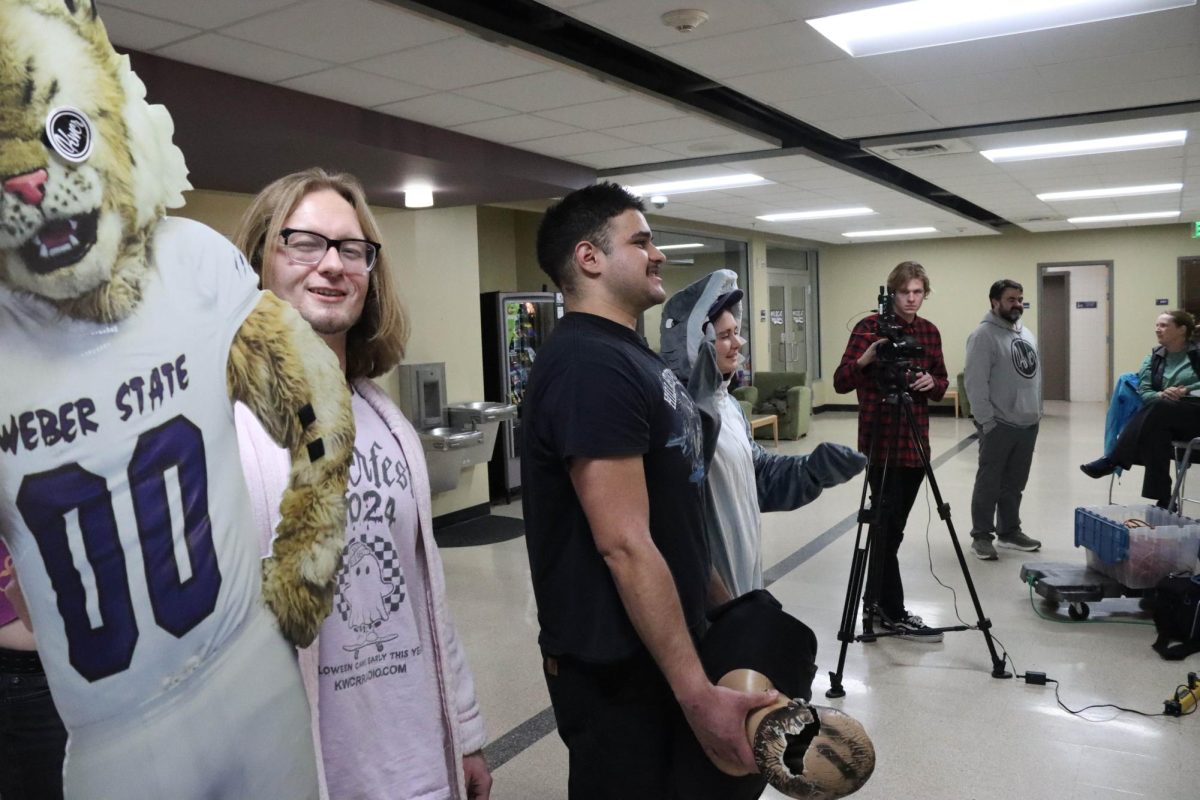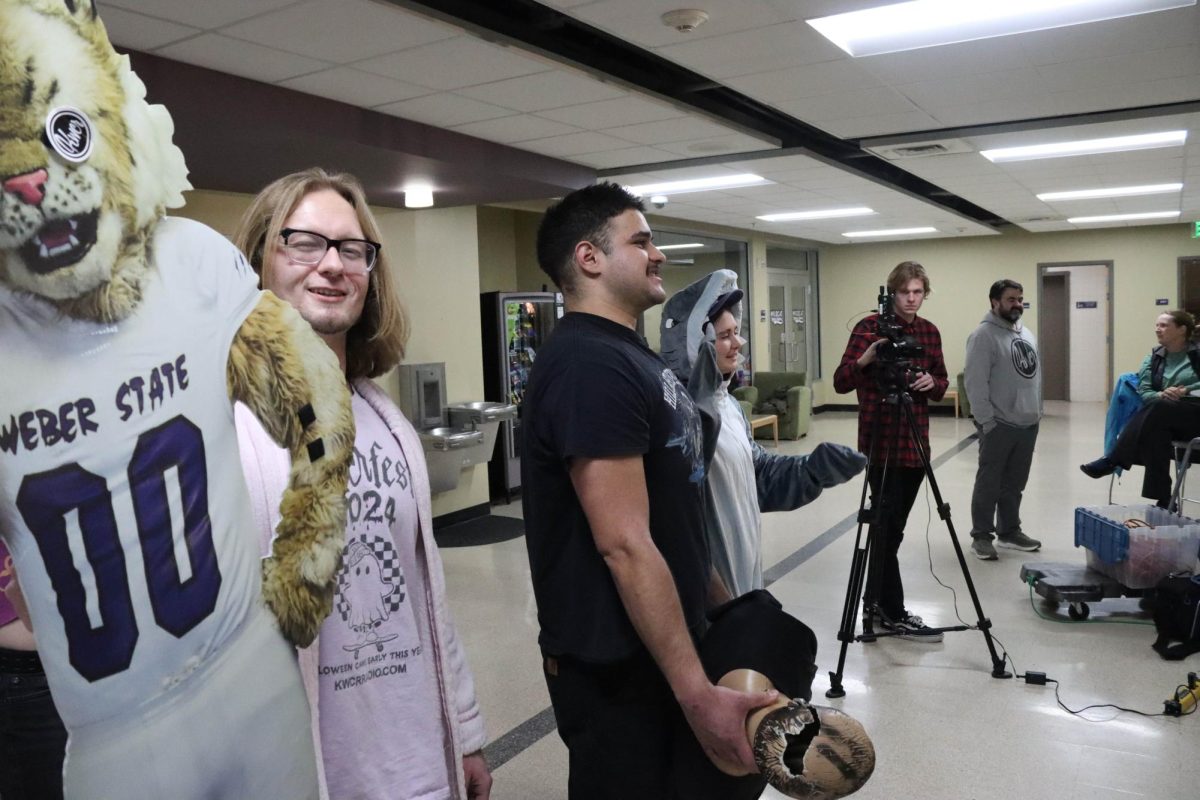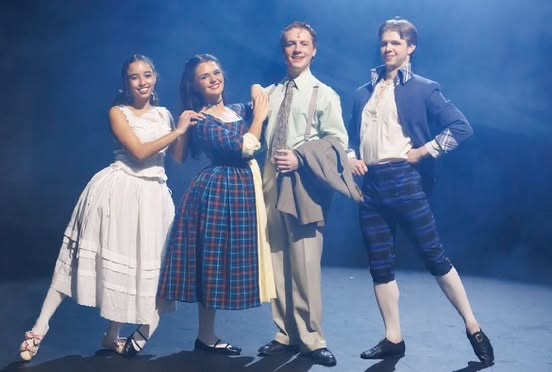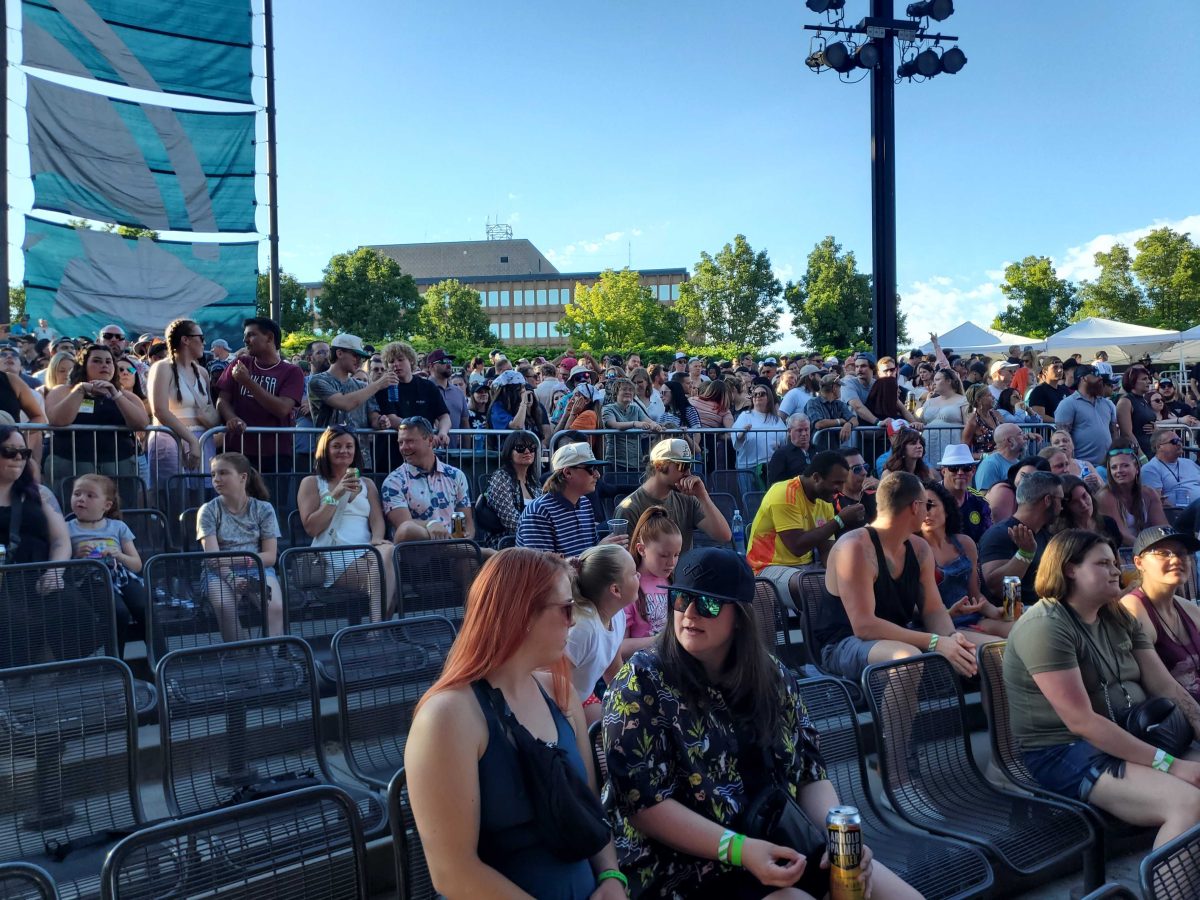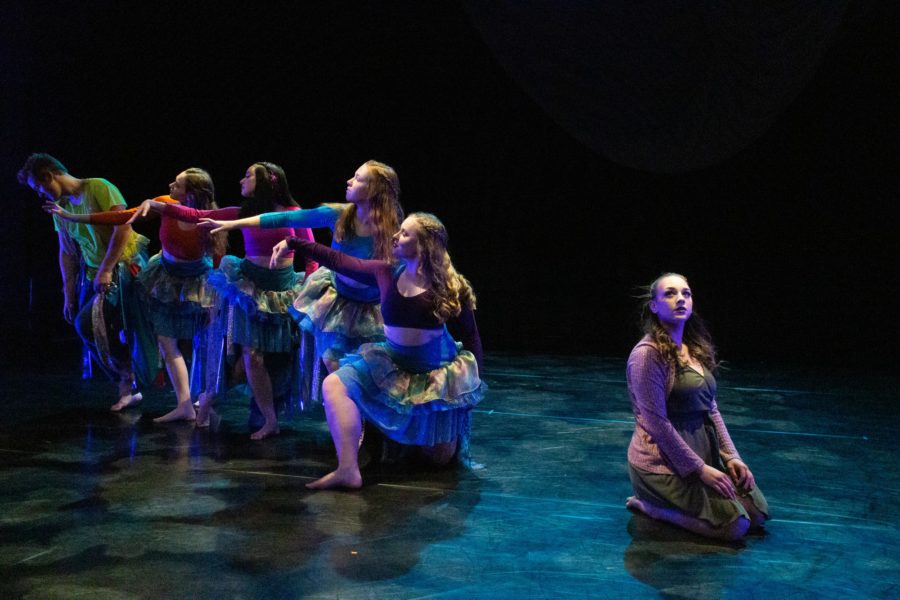
Of all the things students can expect to hear on campus, classical music isn’t likely to be one of them. But just because it’s not something regularly heard on campus doesn’t mean WSU students don’t enjoy it.
Katherine Johnson, a senior pursuing a BIS degree emphasizing music, photography and anthropology, loves classical music. Johnson said she didn’t always enjoy classical music, but it’s something she’s grown to love. Johnson admitted she slept through the first opera she attended. With time and a little study, Johnson said she’s grown to appreciate and enjoy the beauty and depth of classical music.
“Music, to me, is communication,” Johnson said. “It’s not the typical, cliché, ‘I’m expressing myself’ way. It’s a way of communicating spirit to spirit with another person.”
Johnson said that she also sees music as part of being human, that it’s something that goes beyond words, language and culture.
“There’s something kind of magical when you surrender to the music and forget about the outside world and allow the music to envelope you,” Johnson said. “It’s really hard the first time, but you just have to try and you can start to feel a part of what the composer felt and what the musicians feel.”
Johnson said when she first started listening to classical music, it all sounded similar. However, the longer she listened, the more she recognized the different variations in the music and how those variations elicit an emotional response.
Marianne Asmus, a senior studying violin performance, said she started playing violin and listening to classical music when she was 6 years old.
Asmus said that as an introvert, she sometimes has a hard time expressing herself in words. Music gives Asmus the opportunity to express herself without having to ever say anything.
“Music is very beautiful,” Asmus said. “It stirs emotions not only for the performer, but for the audience as well and you can help give them those different feelings that you can get through music.”
Asmus said that for her, part of the magic of music is in studying and performing classical music.
“You can express different emotions through it and in so many different styles,” Asmus said. “You can get really intense music or really sweet music or just play around and do really fun things that people have never expected even though it’s classical.”
Unlike other genres that have to stick to similar sounds, Asmus said that there is a wide variety of classical music available to listeners. Students who chose to listen to classical music can find soft, relaxing music as well as energizing music all within the same genre.
“You can express different emotions through it and in so many different styles,” Asmus said. “You can get really intense music, or really sweet music. You can also play around and do really fun things that people have never expected from classical music.”
Coral Mair, a sophomore studying choral conducting, said that even though classical music is a very large genre, it covers several hundreds of years and many countries, each with their own unique style. Because of this, Mair said it isn’t a hard genre for students to be able to start listening to.
Mair suggested students find a movie with an instrumental soundtrack they enjoy and listen to that for a while. Once acquainted with the modern equivalent of classical music, students can research the movie scores they enjoy most and see what classical musicians the composers were inspired by.
Mair suggested “Star Wars” as a good place for students to start listening to movie scores. John Williams, the composer behind the musical score for “Star Wars” and for many other films like “Jaws,” “Indiana Jones” and the first three “Harry Potter” movies, was influenced by Wagner, a 19th century German composer, while writing the score for “Star Wars.”
While Wagner may not be the best place for classical music freshman to start listening, Mair said well-known composers like Beethoven and Mozart may be better choices.
No matter if it’s “Jurassic Park” or “Ride of the Valkyries,” music is a journey lead by musicians and traveled by listeners, Johnson said.
“The conductor is like a story teller,” Johnson said. “He’s leading you on this adventure. The musicians are the soul of it. You’re there as the listener and you get to witness all of this. There’s something about this that is so human, so visceral and innate, that words cannot fully describe it. It’s simply something one has to experience in person.”





